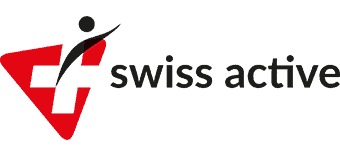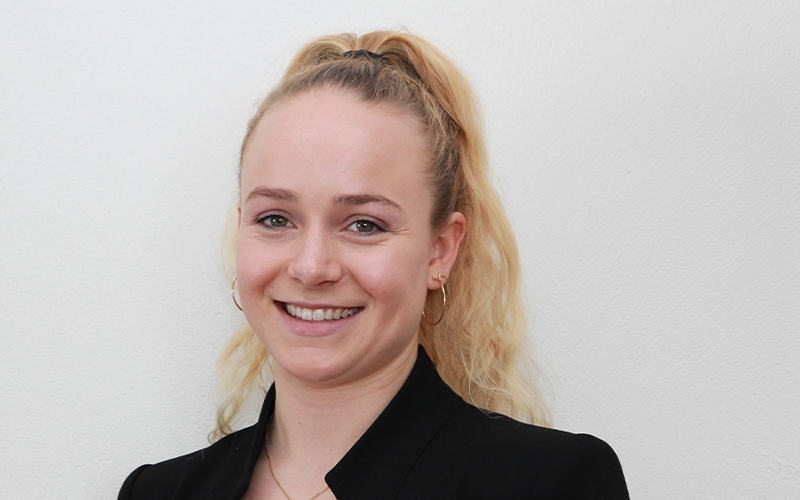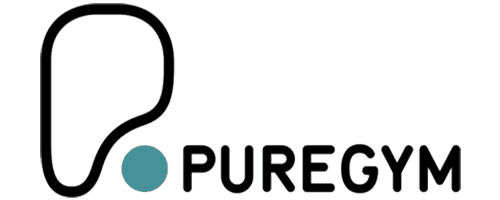Effects of the pandemic on customer behavior in the fitness industry
On March 16, 2020, the Federal Council declared the extraordinary situation and all fitness studios in Switzerland had to close their doors. After the reopening, regular adjustments to measures followed and finally a second, four-month lockdown in December 2020. Since April 2021, customers have been able to train continuously again, in compliance with strict rules. The industry fought its way through 3G, 2G, 2G+ and additional mask requirements and the protection concepts were adapted again and again. Despite the restrictions, the demand for fitness among the Swiss population remained very high. In 2020, fitness companies in Switzerland generated total sales of 1.37 billion Swiss francs1. Compared to 2018, this is an increase in sales of around one third1. The year 2022 got off to a very good start, despite the fact that masks are still compulsory, and the following months were also successful.
On February 17, 2022, the time had finally come and all measures for the fitness studios were lifted. We wanted to know from the club managers in the studios what has changed since that day. How did this repeal affect membership and club utilization? Has the demand for fitness increased further?
Post-pandemic club visits have been leveling off at or above pre-crisis levels since January 2022. Since April, this number has risen continuously together with subscription sales. Local club managers have observed an increasing demand for fitness since the pandemic, although online fitness offers have increased massively during the pandemic and many home gyms have been set up. It is assumed that these newly created offers will also be used, but often in combination with a fitness subscription, since some training options are almost exclusively found in fitness studios. Similar to before the pandemic, it can be observed that a renovation or the opening of a fitness studio has a positive influence on membership numbers and check-ins are increasing almost exponentially.
A change since the pandemic can be observed in memberships and customer behavior. The number of monthly subscriptions sold has increased significantly since the pandemic. More and more customers prefer a flexible membership and no longer want to be tied to a contract for a long time. In addition, the members attach great importance to the fact that the subscriptions can be paused at any time. However, the club managers note that with the introduction of the monthly subscriptions, the cancellation figures have to be viewed from a different perspective. If more monthly subscriptions are sold, the cancellation rate also increases. Due to the fact that customers increasingly prefer a flexible membership, it is often observed that many customers regularly change gyms or only want to train in winter. For this reason, the recovery rate must be given a higher priority. Overall, customers appreciate being able to customize their memberships the way they like. Gyms with flexible and affordable memberships have a distinct competitive advantage.
When it comes to customer behavior, a higher expectation of cleanliness and hygiene is observed. Although the measures have been lifted since February, company-internal customer surveys indicate that customers value a clean studio even more. The devices are still disinfected after use, which is reflected in the high consumption of hygiene materials. Customers are also increasingly approaching the staff directly if a violation of the house rules is observed. Partly due to this social pressure, using a towel and wearing clean training shoes has become even more standard in the studios.
A slight change can be observed in the training supervision. There is still a demand for training plans from club staff, but at the same time an increase in external training plans is also being observed. Many young customers buy the desired training plan online and implement it in the studio. Nevertheless, according to customer surveys, the presence of the staff in the training area is very much appreciated.
A change in club utilization can also be observed. Before the pandemic, it was clear: Monday and Tuesday evenings from 5:00 p.m. are the times with the highest frequency. Today younger people also train in the morning and the customer frequency is a little more spread out over the week. This is certainly due to the increased opportunities for home office activities, which offer members greater flexibility. Due to the absolute increase in customers, the studios are very busy during peak times, despite better distribution throughout the day. This is another indication that customers want to come to the gym regularly and there is high demand. Monday to Wednesday are still the most popular training days and evenings in most studios. At the same time, however, customers also note that the studio is too crowded for them in the evening and some devices are occupied.
The club managers surveyed agree that the fitness industry has recovered from the pandemic and demand for fitness will increase. The question is whether the industry is ready for the post-pandemic rush. The fitness industry has difficulties finding suitable staff and keeping them in the long term. The fitness companies are faced with the great challenge of putting the profession of fitness trainer in a new, attractive light in order to inspire the new generation for the profession. The work-life balance is very important to young people, which is sometimes neglected due to regular shift work. Incentives must be created to motivate the coming generation to take up this profession in the long term.
In summary, the Swiss population wants to train regularly in a gym and prefers flexible memberships. Hygiene and distance are still important issues for customers, which is reflected in the continued high consumption of disinfectant and changed check-in processes. The return to growth in the industry also entails an increased need for personnel, which is currently presenting the industry with challenges.
Sources:
– statista.com
©swiss active – Legal action will be taken in response to copying or other duplication.
Author
The first basefit.ch studio was opened in 2008 with the aim of making fitness accessible to everyone in Switzerland at affordable prices, in geographical proximity and with good quality. This concept has remained unchanged to this day and is still limited to the really essentials such as a very good infrastructure, friendly & motivated employees, high hygiene standards, health insurance recognition and easy accessibility in a central location. Puregym operates over 40 fitness centers in Switzerland, has a total of more than 80,000 members and over 350 employees.




